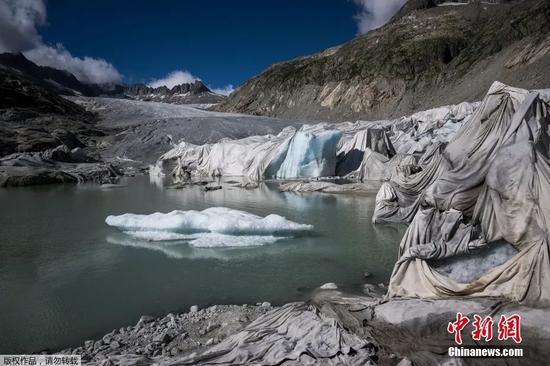
File photo shows the oldest glacier in Alps was covered with carpet to prevent from melting.
By Ruan Yulin, CNS
(CNS)-- On November 6-18,2022, the 27th Conference of the Parties to the United Nations Framework Convention on Climate Change (COP27) was held in Sharm el-Sheikh, a coastal city of Egypt. Since the beginning of 2022, frequent occurrence of extreme weather conditions, the Ukraine crisis and wide-spread of energy crisis in Europe bring more uncertainties to the prospect of global response to climate change. Against such a background, the international community pays close attention to this conference.
Xu Huaqing, who attended the 27th Conference of the Parties to the United Nations Framework Convention on Climate Change held in Sharm el-Sheikh, Egypt, gave an exclusive interview to the column W.E. Talk of CNS recently to offer his opinions on current hotspots in global climate change. Xu Huaqing was the expert in the Chinese delegation for the United Nations climate change conference and the director of the National Center for Climate Change Strategy and International Cooperation. He was once given the contribution award to 2007 Nobel Peace Prize by the Intergovernmental Panel on Climate Change (IPCC). He started to work in the Chinese government's delegation for negotiations on climate change and its expert panel from 2000.
Here are excerpts from the interview:
CNS: The global energy situation is not optimistic, and some European countries are considering an increase in the use of traditional energy. Will it increase the uncertainty in the global response to climate change?
Xu Huaqing: Profound changes took place in the Eurasian geopolitical pattern since the outbreak of the Ukraine crisis. In particular, the EU firmly pursues the energy policy of excluding Russia, and has imposed several rounds of sanction against Russia following the practice of the US. All this leads to an obvious security crisis in global energy supply.
For European countries, the uncertainty in energy supply aggravates the European energy predicament and threatens the energy security of the EU. It has also disclosed how fragile the European energy structure is and the structural contradiction in the energy transition. It not only exerts great impact on the European energy security strategy, but also challenges the European climate policy.
Main EU member states such as Germany begin to resort to coal-fired power, which causes serious concern of the international community over the rollback of the EU’s climate policy. If Europe pursues a more radical policy for renewable energy, it will accelerate the development of renewable energy in Europe. That will become an accelerator for its new policies for green development, and also help the EU to realize its long-term climate goal.
CNS: The United Nations Climate Change Conference was held in a developing country this year. Does it mean this conference shows more concern to developing countries which are economically underdeveloped and more vulnerable to climate-driven hazards?
Xu Huaqing: COP27 held in Sharm el-Sheikh, Egypt, attracted extensive attention from across the world. Since this conference was held in a developing country, it should earnestly respond to the concerns of developing countries and reflect their demands. We expect that we can, along with other parties of the conference, have COP27 fit the theme of “implementation” and highlight the two issues most concerned by developing countries—adaptation and funds.
Adaptation is a core concern of developing countries. It has not received due attention in the multilateral process for a long time. COP27 should step up efforts to obtain real achievements from the Glasgow-Sharm el-Sheikh work programme on the global goal on adaptation, thus laying a solid foundation for COP28 to be held next year to reach a forceful and feasible GGA. The Chinese side supports UN Secretary-General Antonio Guterres’ proposal for setting up a global early warning system. Developed countries should scale up their financial support for the adaptation actions of developing countries and put forward a road map for doubling the fund.
CNS: Egypt, the presidency of this conference, determines the slogan of this conference as “joint implementation”. Why does this conference specifically stress “implementation” and “actions”?
Xu Huaqing: The Paris Agreement represents an important milestone of the multilateral process in the global climate governance because it shows the widest inclusiveness and the easiest accessibility based on science and rules. The goal of “holding the increase in the global average temperature to well below 2°C above pre-industrial levels, and pursuing efforts to limit the temperature increase to 1.5°C above pre-industrial levels at the end of this century” the Agreement put forward is realistic in line with actual conditions.
To realize the long-term goal set by the Paris Agreement, developed countries must set a good example to other countries in extensive emission reduction first. It is the key to realizing the global zero-emission as soon as possible. And the key to realizing the great ambition of the international community are the effective and concrete actions adopted by all countries. We think that chanting slogans does not count as an ambition, implementing the goals is the real ambition. This is why COP27 regards implementation as the theme.
At present, most signatories have already put forward their own INDCs (the Intended Nationally Determined Contributions). It is important to set goals, but earnest implementation of these goals is equally or even more important. It is the fundamental way to effectively respond to global climate change. COP27 should advocate that all sides turn their INDCs into effective policies, sturdy actions and concrete projects instead of putting forward new goals in a hurry with the existing goals not implemented yet.
The United Nations Framework Convention on Climate Change (hereafter referred to as the Convention) serves as the legal foundation for the international community to respond to climate change. This year marks the 30th anniversary of the Convention. All parties should take it as an opportunity to stick to the principle that the Convention is positioned as the main channel and the Paris Agreement as a driving force for the implementation of the Convention; implement the goals of the Convention and Paris Agreement in an all-round and precise way, especially the common but differentiated responsibilities and the arrangement of INDCs; insist on the global temperature-control goal of “below 2 degrees (centigrade, similarly hereinafter) and striving for 1.5 degrees” and join hands to build a fair, reasonable and mutually beneficial global governance system for climate change.
CNS: At the UN Climate Change Conference held in Copenhagen in 2009, developed countries pledged to increase the financial support to low income countries to 100 billion USD each year by 2020. The pledge has not been honored so far, and what impact will this bring to the global efforts in response to climate change?
Xu Huaqing: In terms of funds, developed countries pledged to increase the financial support to 100 billion USD each year by 2020 in 2009, however, it has not been honored so far. It not only seriously hinders developing countries from launching climate actions, but also seriously impaired the political mutual trust between developed and developing countries. We urge developed countries to deliver on their promise of providing 100 billion USD each year in financial support.
For the time being, a lot of developing countries' INDCs require financial support from developed countries. The latter should plan a more ambitious 2021—2025 climate funds road map regarding 100 billion USD as the starting point as well as a new collective quantitative goal of funds for developed countries after 2025 based on the demands of developing countries so as to promote the mutual trust and concerted action between North and South.
CNS: Given that you have attended many UN climate change conferences, how do you evaluate the contribution made by China in the global response to climate change?
Xu Huaqing: China Special Envoy for Climate Change Xie Zhenhua pointed out recently that China has made important achievements in its constructive participation and leading role in the global climate governance over the past decade. Under the leadership of the CPC Central Committee and the State Council, the symbolic achievement it has made is the Paris Agreement which makes arrangements for strengthening the climate actions and cooperation after 2020:
First, it is most inclusive for forming a law taking the concerns of all sides into consideration. Second, China adheres to the principle of the Convention, in which the mitigation, adaptation, money, technology, capacity-building and transparency reflect common but differentiated responsibilities. Third, a long-term goal of “lower than 2 ℃ and striving for 1.5℃ was set, reflecting the global trend of pursuing a path of green and low carbon development. Fourth, the pattern of “from bottom to top” INDCs was established to form a situation in which each party takes active actions to tackle the problem. Fifth, the sustainability of implementation is guaranteed, and a mechanism for stocktaking the continuous improvement for every five years. Sixth, a mechanism for matching actions and support is established to help developing countries to improve their capacity.
Climate change is a severe challenge faced by all mankind. Tackling climate change is a common cause for mankind and also an inherent demand for China's sustainable development. Since the 18th National Congress of the CPC, China has implemented the national strategy of actively responding to climate change by accelerating low carbon development, facilitating the international cooperation in response to climate change, and actively participating in and leading the global climate governance. China becomes an important participant, contributor and trailblazer in global ecological conservation. In 2020, China made a major declaration of carbon emission peak and carbon neutrality, showing China’s firm resolution and confidence in pursuing a path of green and low carbon development, joining hands with other countries to tackle climate change and promoting the building of a human community with a shared future as a responsible major developing country.
CNS: What role will China play in COP27? What are its demands and expectations?
Xu Huaqing: China would like to work with other parties to play a constructive role in facilitating COP27 to produce positive achievements reflecting the concerns of developing countries and in line with their interests according to the principle that negotiations are transparent, inclusive, party-driven and consensus-based. We will make efforts to turn COP27 into a conference that features the theme of “implementation” and highlights the two issues—adaptation and funds. We would like to see Egypt hold a successful COP.
I am willing to reiterate here that climate change is related to the future of humanity. Tackling climate change is a common cause of all humans. Only the concerted efforts of all sides can win this battle. (End)
This article was first published by CNS on November 12, 2022









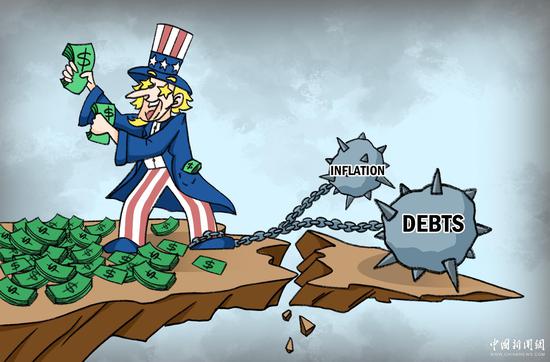
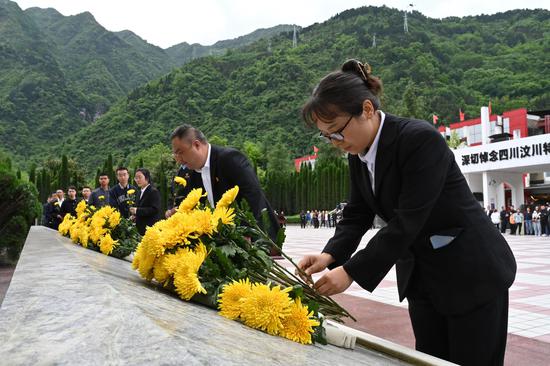

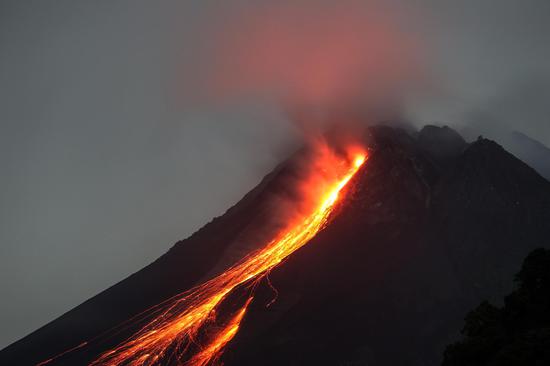



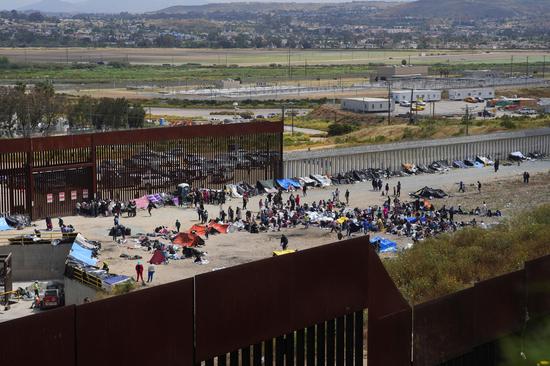







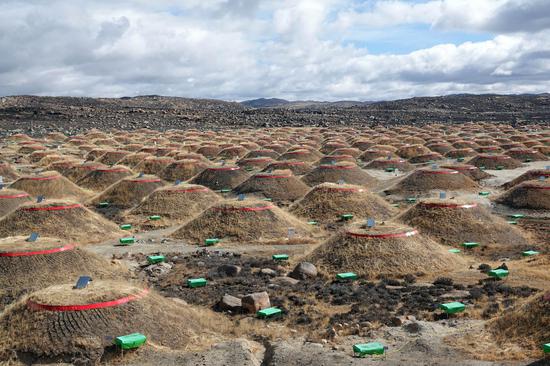
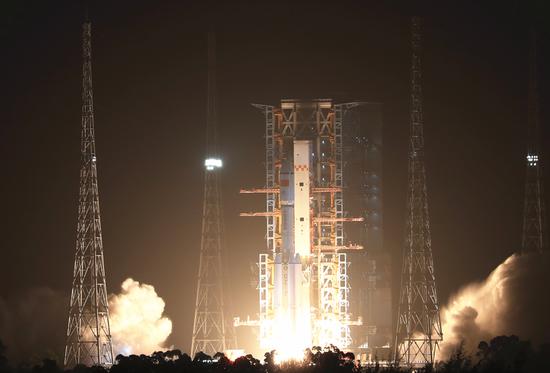

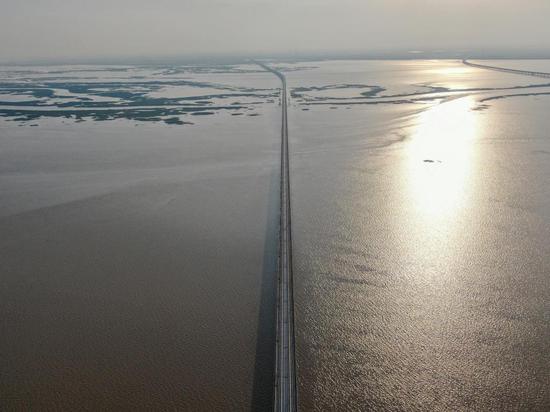


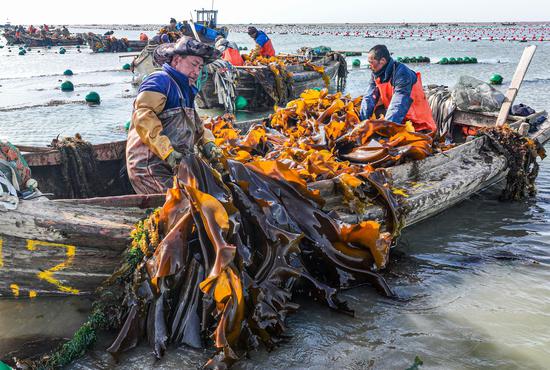




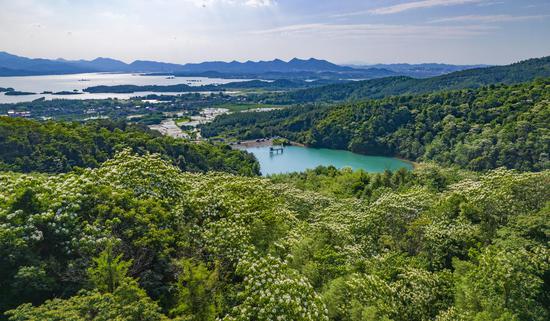

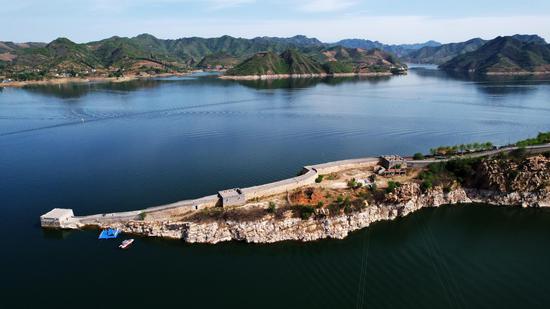


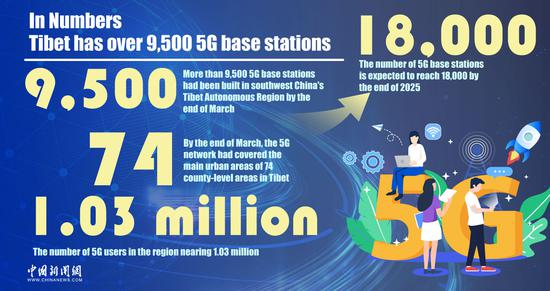

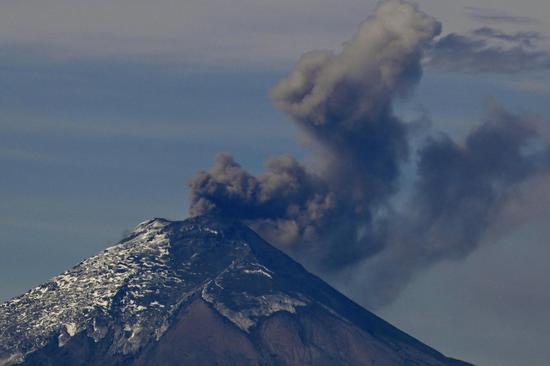
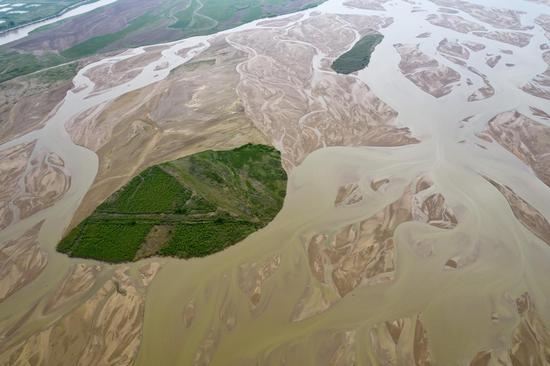
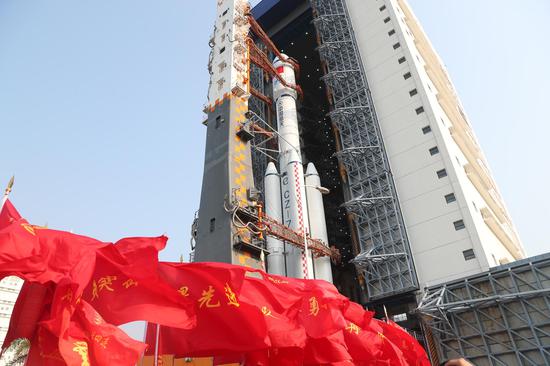





 京公网安备 11010202009201号
京公网安备 11010202009201号